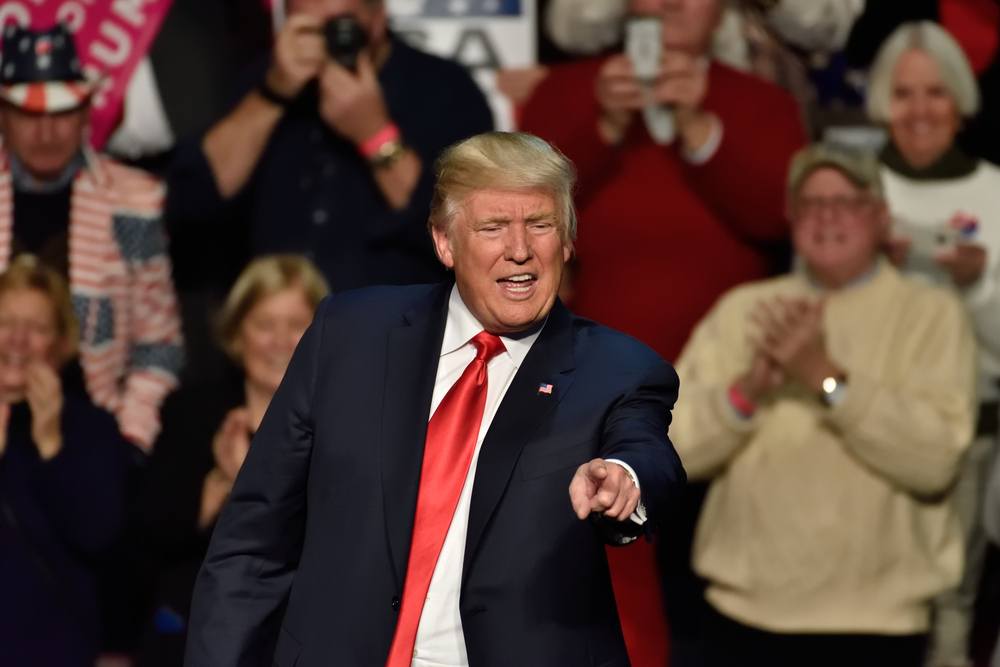Introduction: El Salvador is at the center of a heated debate after its president agreed to house deported migrants from the US in a controversial jail. Archbishop Jose Luis Escobar has expressed strong concerns, urging the government not to turn the country into a Guantanamo-style prison.
Key Takeaways:
- El Salvador’s Catholic leader criticizes President Nayib Bukele’s deal to detain US-deported migrants.
- The migrants are held in a mega-prison with poor conditions.
- President Trump is using a 200-year-old law to expel migrants, claiming they are criminals.
- Families and lawyers argue that many detainees are targeted for trivial reasons like tattoos.
- The Archbishop fears El Salvador could become another Guantanamo.
A Plea from the Archbishop: Archbishop Jose Luis Escobar made a heartfelt plea to President Bukele, urging him not to transform El Salvador into a large international prison. He expressed his concerns during a press conference, emphasizing the potential loss of the country’s sovereignty and the inhumane treatment of migrants.
The Deal with the US: President Bukele’s recent meeting with President Trump highlighted their growing alliance. The agreement involves housing hundreds of migrants, mostly Venezuelans, in a massive prison known for harsh conditions. This collaboration is part of Trump’s efforts to reduce undocumented immigration in the US.
Conditions in the Mega-Prison: The prison in question has drawn criticism for its inhumane conditions. Human rights groups have condemned the facility, raising alarms about the treatment of detainees. Despite these concerns, Bukele remains committed to aiding Trump’s immigration policies.
Concerns About Guantanamo: Archbishop Escobar warned that El Salvador might become another Guantanamo, a US naval base in Cuba notorious for detaining suspects without trial. He referenced opinion pieces highlighting the risk of El Salvador becoming a cheaper alternative for the US to detain prisoners.
Impact on Migrants: Many of the migrants were first detained in Guantanamo before being moved to El Salvador. Families and lawyers argue that these individuals are not criminals but ordinary people, some targeted simply because of their tattoos. This has led to doubts about the fairness of their expulsion.
Bukele’s Motivations: President Bukele’s eagerness to support Trump’s immigration crackdown has raised eyebrows. Critics suggest this deal might be more about political alignment than national interest, questioning how it benefits El Salvador.
Conclusion: The deal between El Salvador and the US has sparked widespread concern, with the Archbishop leading the charge against it. As debate grows, the focus remains on the welfare of the migrants and the implications for El Salvador’s future. The situation underscores the complexities of international agreements and their impact on human rights.
